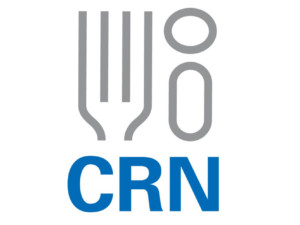
The Council for Responsible Nutrition (CRN) responded to a study published in The Journal of the American Medical Association (JAMA) claiming six popular herbal supplement ingredients (turmeric, green tea extract, Garcinia cambogia, black cohosh, red yeast rice and ashwagandha) are potentially “hepatotoxic.”
Contrary to misleading headlines from the study, there is no evidence that these findings expose any new risk of liver injury or that should alarm consumers, the association said.
“This analysis of existing NHANES survey data doesn’t appreciate that the overall risk these ingredients pose is exceedingly low,” said Steve Mister, president and CEO of CRN. “Revealing that more than 15 million Americans use at least one of these herbal supplements, when compared to their actual reported risks, only strengthens the case for their safety.”
According to CRN, the study describes the frequency at which six herbal supplements are used in the American adult population and the reasons provided by survey respondents for consuming supplements. According to the study, 15.6 million adults are estimated to have used at least one of the six botanicals in a 30-day period.
However, contrary to headlines, the study did not investigate a causal relationship between consuming the botanicals and liver damage, nor did it add any new scientific evidence on the potential hepatotoxicity, the association said. Media coverage that sounds the alarm based on the publication “reflects that reporters have either not read the study or do not fully appreciate its limitations.” CRN acknowledged liver damage can occur in rare circumstances but emphasized the majority of consumers use supplements responsibly and without issue.
“What consumers and health care practitioners should take away from this study is that there is great—and growing—interest in using herbal supplements to promote health and wellness. Practitioners should encourage candid and open-minded conversations with their patients about supplement usage,” Mister said. “Alarmist headlines that mislead doctors and panic consumers shut down those conversations and do a disservice to the millions of people who trust and use these products safely every day.”
For more information, visit www.crnusa.org.


